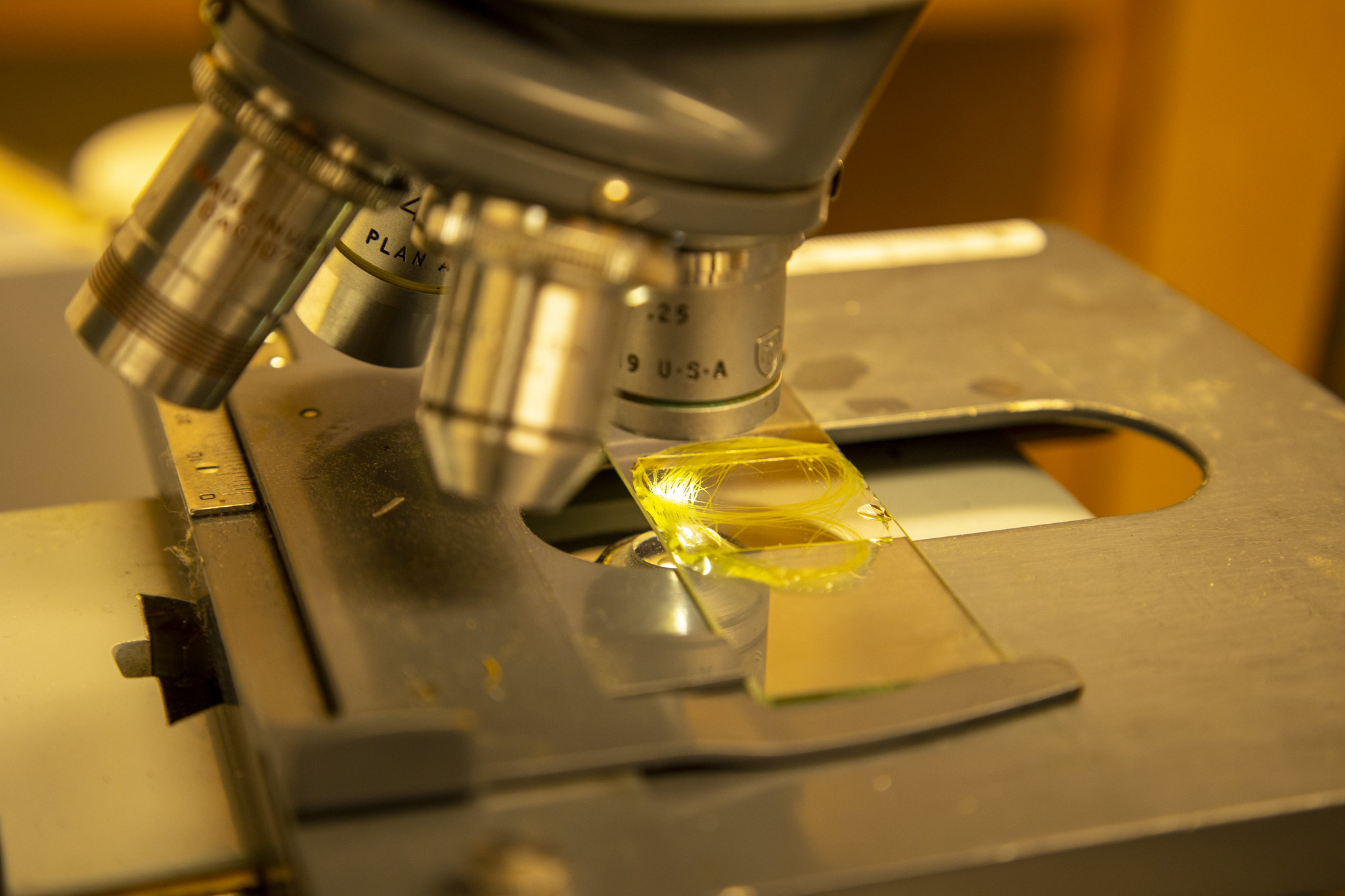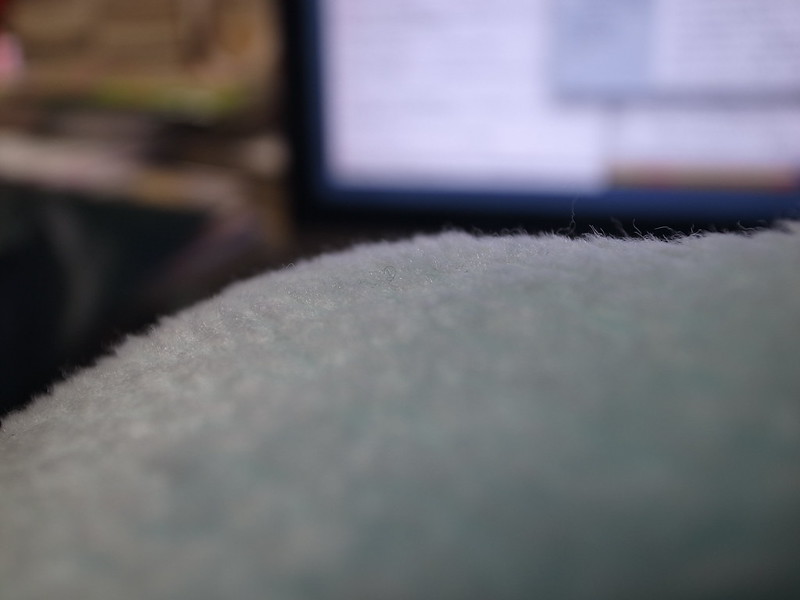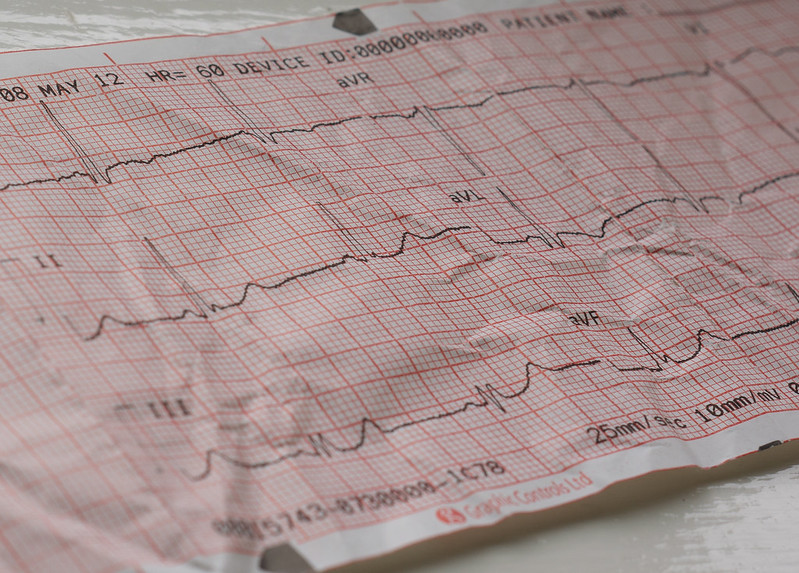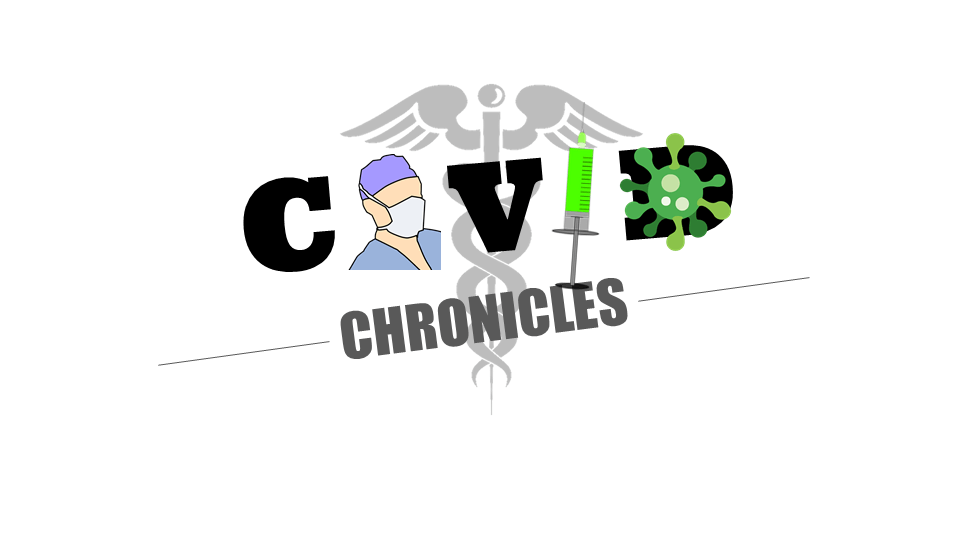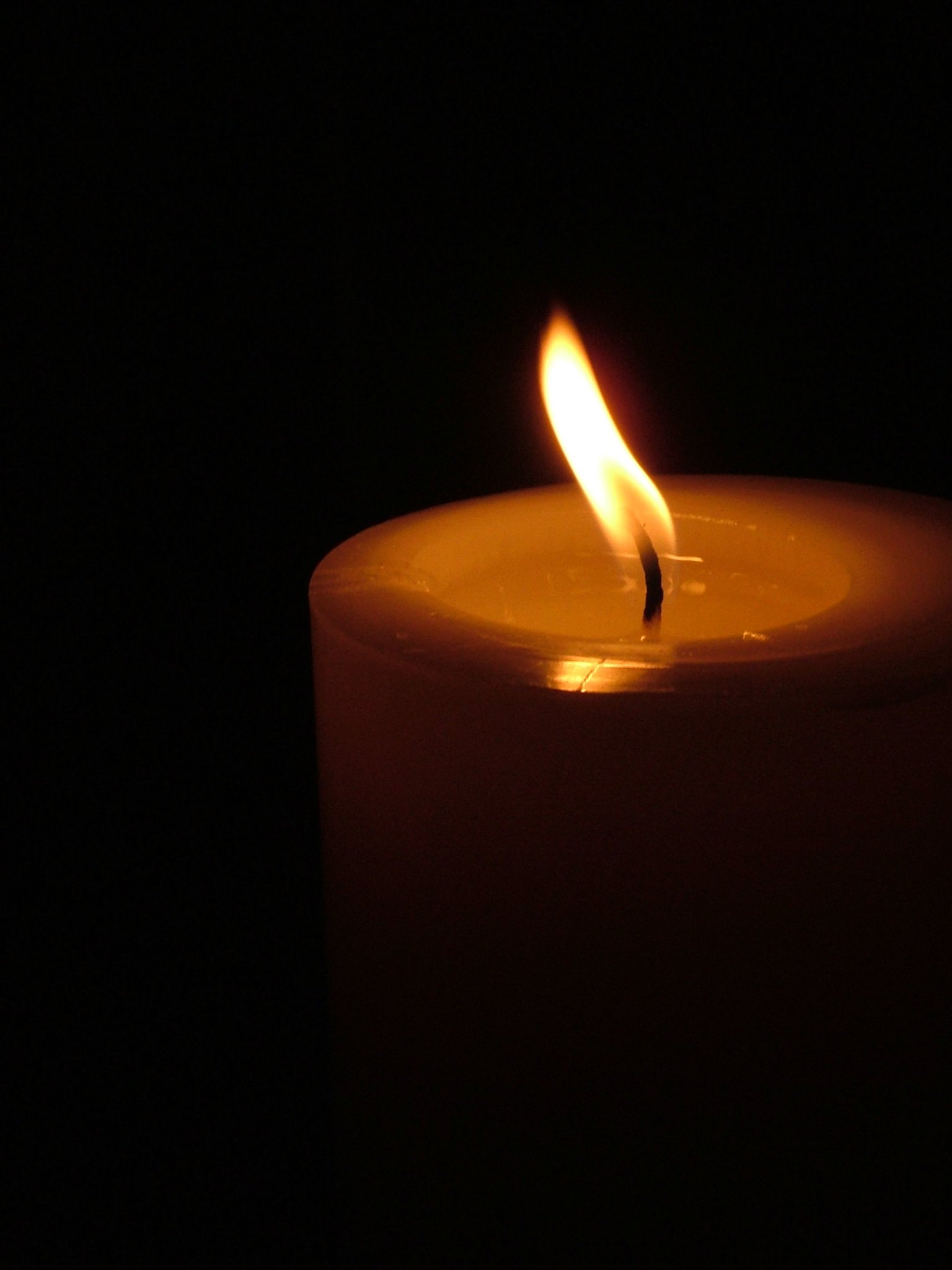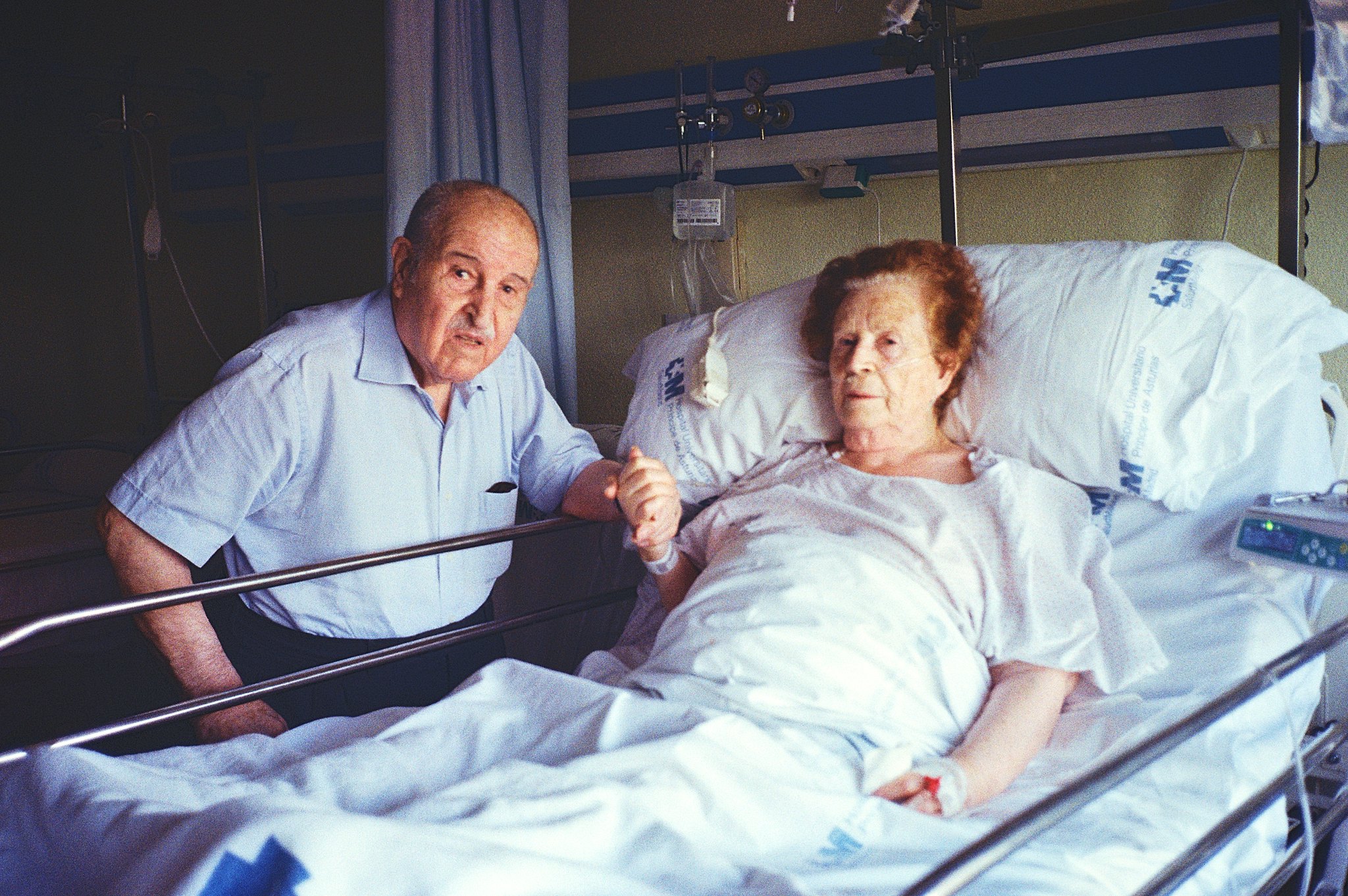Counting Down
I stepped into your home in a short white coat You asked me what year I was in I answered, I asked you how your day was You told me, “it is as good as it gets!” (smiling) As you count down the days I think to myself (nervously) We both are counting down the days But the way you’ve chosen to peer at future days is One I will never forget One we will …

